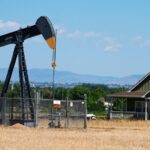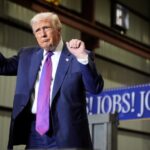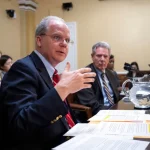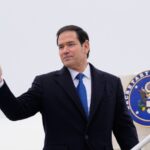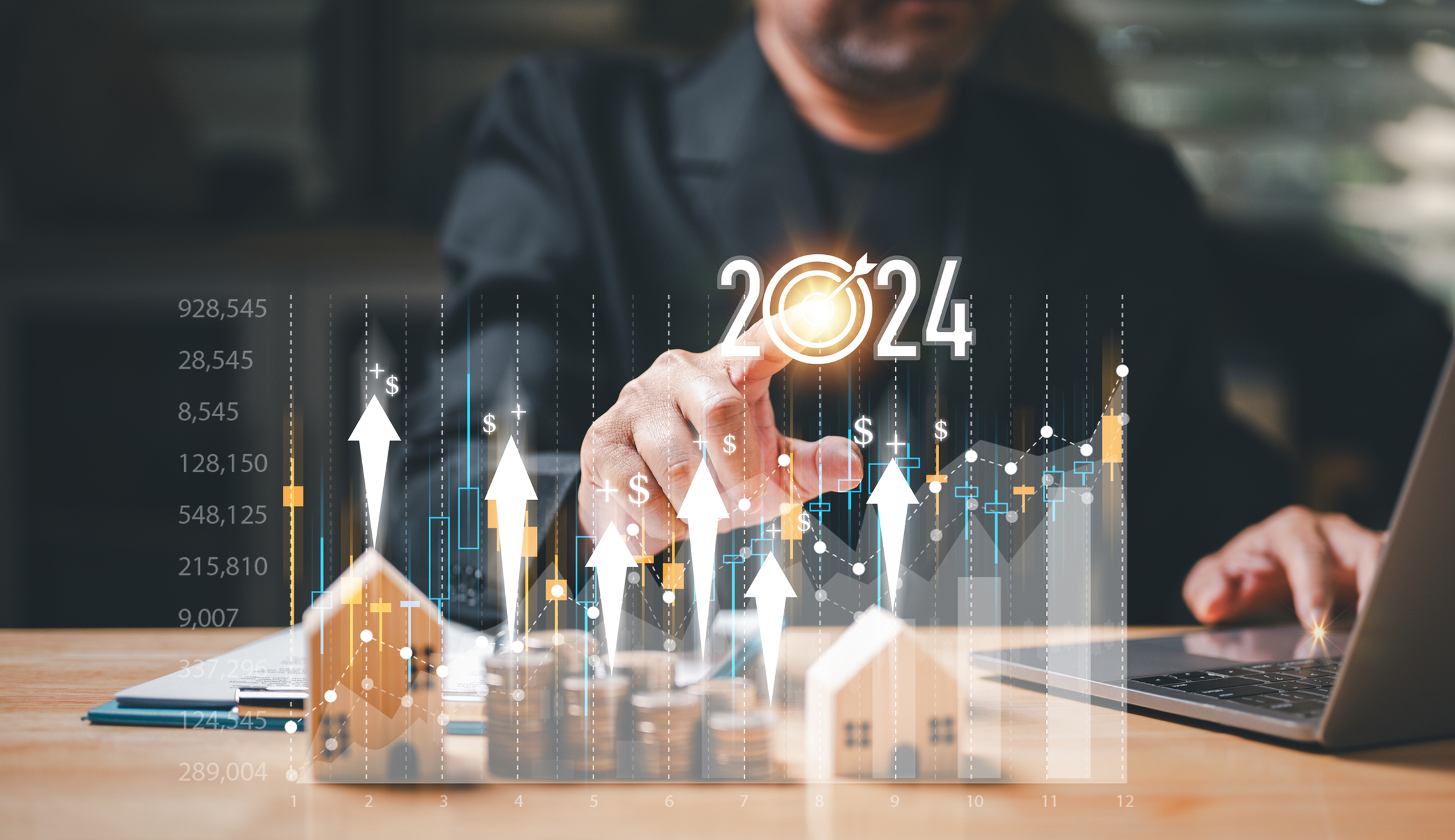

Six months from now, voters will decide the outcome of one of the most closely watched and contentious presidential elections in modern history, which may turn on the issue of inflation.
Rising prices haven’t been a major issue for voters in decades. But over the past few years, inflation has been thrust right into the lives of families across the country. The rate of inflation began to rise in early 2021 and crested at over 9% in 2022, amid aftershocks of the COVID-19 pandemic, which led to supply chain problems.
Since then, inflation has largely been falling as a result of the higher interest rates. However this year, it has proven stickier than anticipated and has remained a political hot potato for President Joe Biden and Democrats and a useful cudgel for former President Donald Trump and Republicans.
“Obviously the president would rather have low inflation and high employment but you don’t always get what you want,” Peter Loge, director of the George Washington University School of Media and Public Affairs, told the Washington Examiner.
The Federal Reserve wants inflation to be running at 2%, but that has proven elusive thus far. Inflation, as gauged by the consumer price index, is currently at 3.5% and has wobbled between 3% and 3.7% since June 2023 but has not once fallen into the 2%-3% range yet. Inflation actually increased in February and March.
With just six months left, the window for Biden to show that inflation is meaningfully falling is closing given that for some voters, inflation perceptions might already be baked in for the coming election.
Economic approval is a crucial metric heading into presidential contests. Political strategist James Carville coined the phrase, “It’s the economy, stupid,” to describe how Bill Clinton’s 1992 campaign should focus on hitting President George H.W. Bush on the state of the economy, a strategy that proved successful.
And current polling shows voters are not happy with the higher prices.
An April Bloomberg News/Morning Consult poll found that a mere 18% of registered voters predict that inflation will improve by the end of the year, while 75% said they think it will either stay the same or actually get worse. Additionally, 70% say the U.S. economy is on the wrong track.
Inflation is also overshadowing other good economic news. In many ways, the economy is actually performing well. Gross domestic product growth, a broad measure of the country’s economic output and a key recession indicator, has been positive while the unemployment rate remains at a low level, historically speaking.
For instance, the economy added 236,000 jobs in March, according to the Bureau of Labor Statistics. But the compounded effects of inflation are still making life more difficult for voters, which is hurting Biden.
Since the month Biden entered office, electricity prices have soared by more than 29% (although only 5% in the past year). And the price of piped gas has risen nearly 30%, making utility bills more expensive, according to the CPI.
Household goods and food staples have also gone up in price considerably. Meats, poultry, fish, and eggs are up 21.4%, while fruits and vegetables now cost 14.4% more than in January 2021.
“Inflation is trending in the right direction, but not fast enough for Biden to benefit,” Alex Conant, a GOP strategist and a partner at Firehouse Strategies, told the Washington Examiner. “I think people are still really upset about how much more things cost now than just a couple of years ago.”
“That anger will subside with time, but six months isn’t very long,” he added.
Conant said that the campaign strategy for Democrats might be to direct focus away from inflation and talk about other issues like abortion. He also said they might focus on the bright spots in the economy, like employment.
“Typically, when the unemployment rate is below 4%, presidents don’t lose reelection,” Conant said. “Inflation is kind of the albatross on the economy that the people keep coming back to.”
Younger voters, who might presumably put more weight on issues like climate change or the Israel-Hamas war, also see inflation as the biggest issue this election cycle. Economic issues are the top concern for voters ages 18 to 29, according to a recent Harvard Youth Poll.
Loge said that Republicans will want to seize on the discontent surrounding inflation heading into this final six-month stretch of the campaign.
CLICK HERE TO READ MORE FROM THE WASHINGTON EXAMINER
“If I’m the Republicans, I’m talking about inflation, immigration, and chaos,” Loge said.
Meanwhile, he said that Democratic messaging should be that the economy is moving in a good direction, action is being taken on climate change, and that the U.S. is leading the world and protecting allies.
